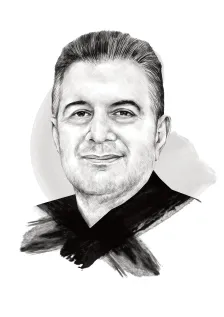Iran is a great example of a ‘shadow economy,’ which encompasses several illegal activities. Its modus operandi is to organise a parallel (or hidden) economy, then run that economy across borders and seas, establishing supply lines by land, sea, and air.
It also involves the creation of a black market for drugs and smuggling, even the launch of fake ‘stock exchanges’ to govern the flow of US dollars in cash.
In its endeavours, Iran exploits a vast geographical area for this shadow economy, so far spreading successfully across Iraq, Yemen, Syria, and Lebanon.
In one decade, Tehran has turned these economies - together with the lives of its populations - upside down, after exhausting them with war, assassinations, violence, intimidation, and exploitation of political and sectarian conditions.
The interference and devastation described above has led to the collapse of states’ currencies and economies. The consequences have not spared Iran’s economy, either, which was already reeling from the rhythm of sanctions and internal repression.
Hollowing out an infrastructure
Lebanon is a perfect example of what a ‘shadow economy’ can lead to: security chaos, alongside political, financial, and judicial collapse, together with the crumbling of the national currency, and erosion of people’s savings in banks, which the Lebanese naively thought would be immune to looting.
The staggering losses have led to three years of chaotic arguments over who was responsible for the financial, social and living crisis that Lebanese are enduring. All parties say others should be held accountable for the pillaging. The unsightly melee has involved the government, Banque du Liban and commercial banks.




